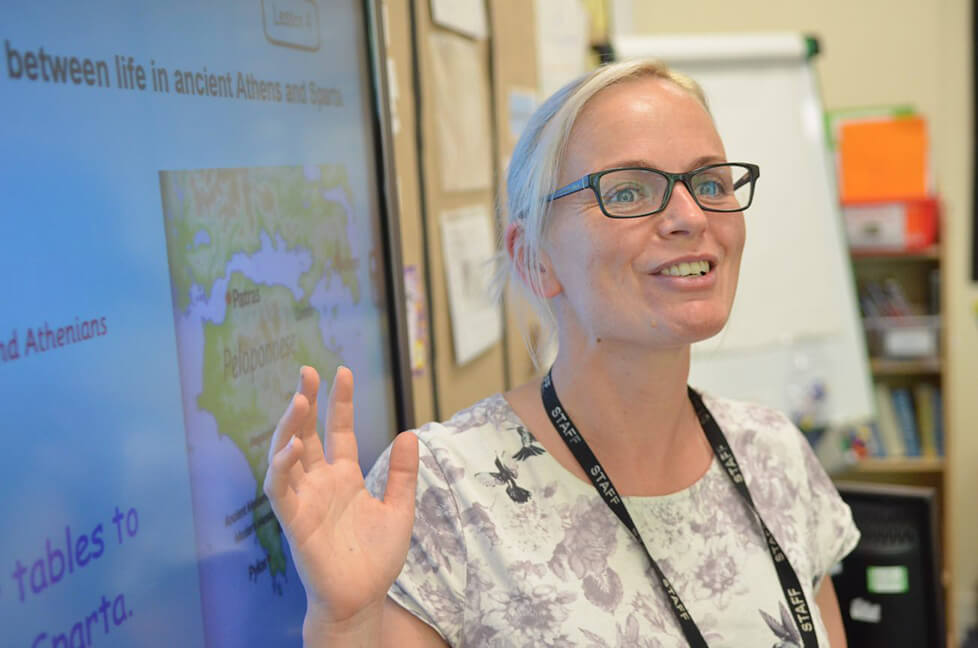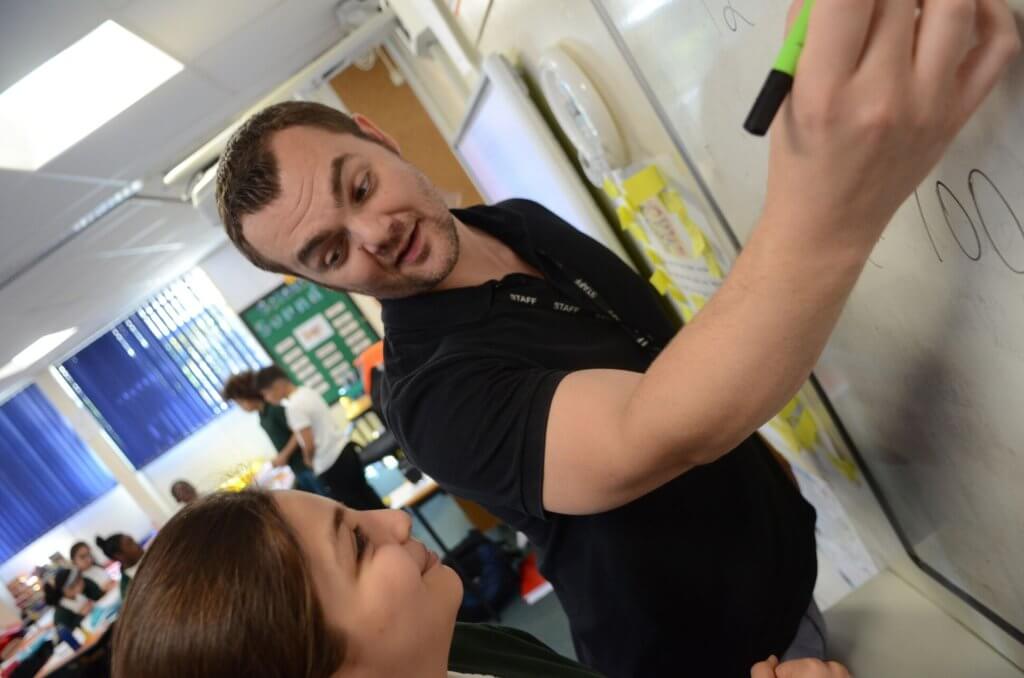Redefining The Role of SENCos
In the long-awaited SEND review, the government proposed several new policies to improve outcomes for both children and young people with SEND and those in alternative provision. Among these measures, the government outlined its aspirations for SENCos to ‘sit on a senior leadership team and inform the strategic direction of a setting.’ To equip SENCos with the necessary leadership skills, ministers hope to introduce a new Leadership SENCo NPQ to replace current training, the National Award for SEN Coordination (NASENCo). This comes after concerns that the NASENCo may not always provide staff with the ‘knowledge and skills needed for the role.’
Ministers also recognise that SENCos are often burdened with bureaucratic administrative tasks, which limits their ability to work directly with teachers and support children with SEND. The review referenced a study of SENCo workloads, in which seventy percent of those surveyed felt there was not enough time allocated to the role. Almost three-quarters reported that administrative tasks took up most of their allocated SENCo time, and only twenty-three percent said they had enough time to ensure that pupils with Education Health Care (EHC) plans received the provision they needed. In response to these findings, the government hopes to give SENCos more time to carry out their roles, as well as support with administrative tasks.
Many leaders across the sector are optimistic that SENCos will be given the opportunity to reframe their roles and prioritise their responsibilities. However, some believe that the government must focus on delivering resources and funding in order to make SEND provision truly effective. Paul Whiteman, general secretary of the school leaders’ union NAHT, says: ‘“Clarifying roles” is one thing, but unless those services are properly resourced, it is unlikely to make a significant difference.’
Government Promises a Divorce Clause for Schools
Currently, there are limited options for good schools that wish to break away from failing trusts. Transfers are only initiated by trusts themselves, or else through government intervention. But in its mission to achieve an all-MAT system by 2030, the government is working to strengthen local governance so as to make academisation more appealing for schools. With this intent, the Department of Education is preparing to draft a divorce clause for schools, and will consult to determine the ‘exceptional circumstances’ in which a school can request a transfer to a stronger trust.
School leaders welcome the measure as a means of championing school voice and preserving school identity. However, the academy body is less enthusiastic about the prospect. A spokesperson of the Confederation of School Trusts calls the proposal a “retrograde step,” as it ‘fails to understand that the trust is the legal entity – it is not an “authority” somehow separate from its schools.’ Others warn that this could result in getting the government involved with local conflicts to the detriment of sustainability and positivity throughout the sector. However, other education leaders disagree, such as the National Governance Association, which argues that ‘the DfE’s expectation that all trusts need strong local governance is to be applauded.’
Ofsted Warns That Children May Not Be Ready For Primary School
Whilst we are learning to live with Covid, the consequences of the pandemic continues to be felt in Early Years education, an Ofsted report has found. Based on inspections across seventy Early Years providers, experts are worried by the delays they observed in children’s early development. Ofsted chief inspector, Amanda Spielman, explained that although ‘we have seen lots of really good work across early years, schools and further education this term (…) I’m particularly worried about younger children’s development, which, if left unaddressed, could potentially cause problems for primary schools down the line.’
The report expressed concerns that ‘children turning 2 years old will have been surrounded by adults wearing masks for their whole lives and have therefore been unable to see lip movements or mouth shapes as regularly,’ resulting in poor communication and language skills, limited vocabularies, and difficulty responding to basic facial expressions. Without having had as many opportunities to listen to stories, sing songs, and engage in conversations, some children were left without the confidence to speak, or else mimicked accents and voices from the material they had consumed on tablets and TV screens.
Additionally, the lack of social interaction has left young children with poorly developed personal, social, and emotional skills. The report notes that babies were anxious at childcare settings, especially when encountering different faces, and even older children, who should have settled in, were upset when they were dropped off. As a consequence of isolation, children lacked the crucial skills for building friendships, requiring more support with activities such as ‘sharing and turn-taking.’
Ofsted also revealed that more children struggled with crawling, walking, and potty-training. Their sense of independence was harmed over the course of the pandemic too, as Early Years providers found that more children needed help with tasks such as ‘putting on their coat and blowing their nose.’
The report notes that Early Years providers are working hard to address learning gaps and equip children with the tools to prepare them for life in primary school and beyond. However, they continue to face challenges with staff shortages and increased waiting times for external support, such as speech and language therapy services. Despite concerns, Spielman reflects that offering children the opportunity to interact with others, talk, share, take turns, and get outside, is ‘probably more important than delaying their entry to school.’
In the face of constant change, the education sector acquires new meanings and limitations, and as we adapt our professional lives can take new forms. Whether you are a teacher, school leader, or a school business manager, One Education can help you to make the most of new prospects and potential.















